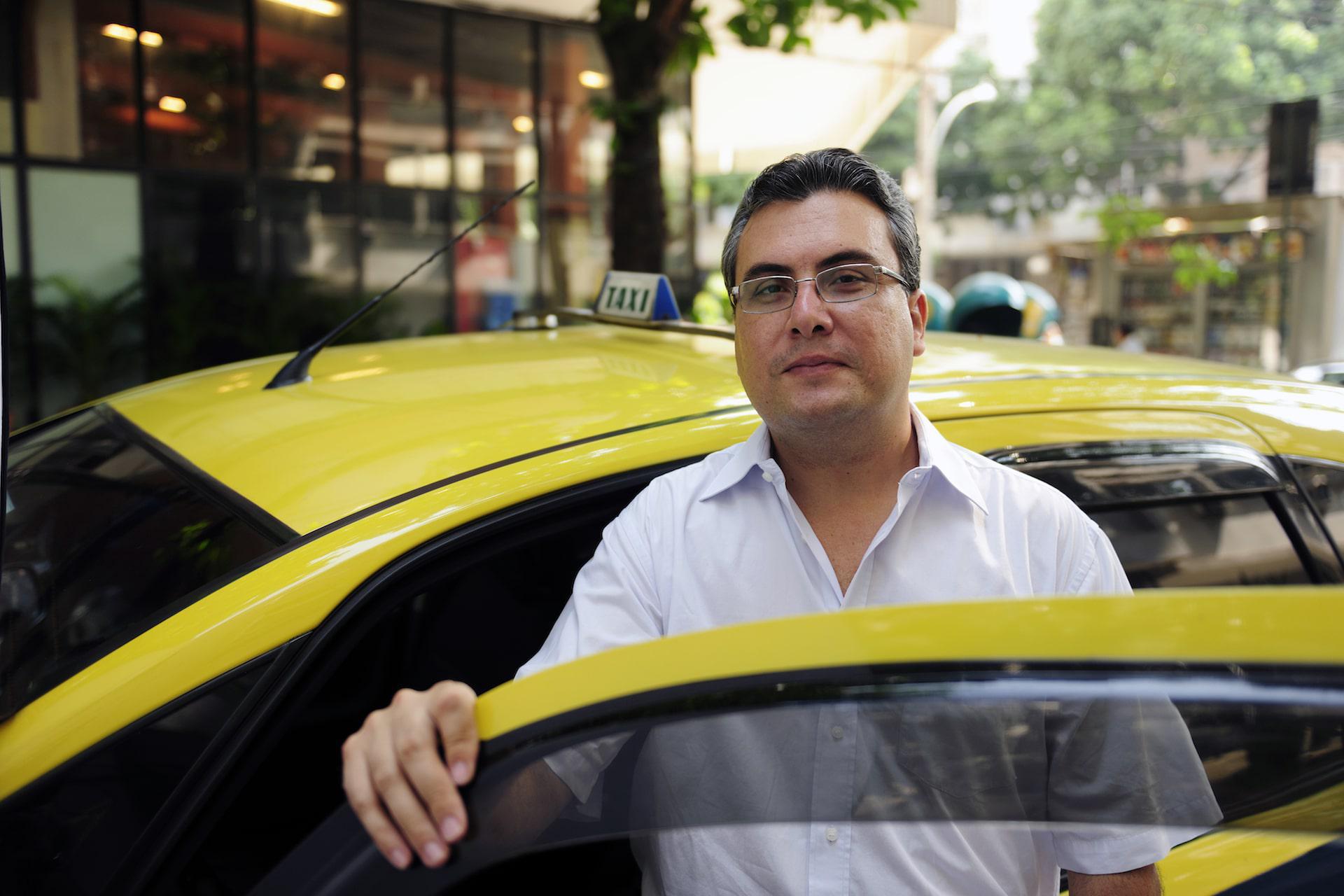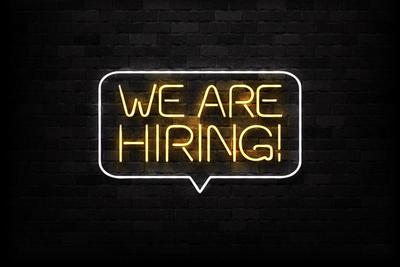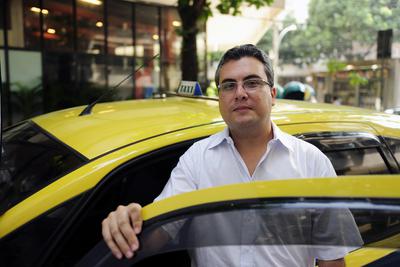San Fran Taxi Driver Drug Testing
A new drug and alcohol testing policy has been implemented in San Francisco as a way to keep the roads safer.

The San Francisco Municipal Transportation Agency (SFMTA) has approved California Government Code section 53075.5, a drug and alcohol testing policy that will require all taxi drivers who operate a vehicle for commercial purposes to comply with the guidelines set in place by the U.S. Department of Transportation (DOT). According to the details available on the SFMTA website, drivers who do not comply or who are found in violation of the guidelines may in turn be subject to denial, suspension and revocation of their permit, which effectively renders them unable to conduct business legally.
SFMTA Drug and Alcohol Testing Policy Details
In accordance with the new policy, taxi drivers are now subject to 7 Panel Drug Test, which include cocaine, amphetamines, marijuana, opiates, phencyclidine (PCP, or "angel dust"), Molly, and methamphetamines. These test may be conducted prior to the issuance and renewal of a permit as well as post-accident, return-to-duty, follow-up after a positive test and instances when reasonable suspicion arrives. The policy states "No taxi driver will work under the influence of Prohibited Drugs. Any taxi driver discovered to be in violation of these prohibitions is required to cease operation of the taxicab immediately."
Strict alcohol guidelines have also been put in place to ensure taxi drivers are not in the possession of or consuming alcohol or medications that may be effected by it while performing "safety-sensitive functions." Drivers are at risk of being suspended from operation if a test conducted by a trained breath alcohol technician with an externally calibrated evidential breathing device (EBT) produces a reading of a blood alcohol concentration of 0.02 or greater.
There are some gray areas of the new testing policy when it comes to over-the-counter drugs and prescription drugs legally obtained by the driver, however, the gray area is largely circumstantial. Prescription medications must be accompanied by a written letter from the prescribing doctor with detailed information regarding the name of the driver, type of drug, dosage information and an acknowledgment that the medication is safe to take while operating a vehicle when taken properly. This notice is required prior to conducting business as a cab driver and must be presented to the overseeing taxi company when applicable.
Testing Procedures
All drug tests will be conducted by predetermined drug testing locations in California that have been approved by the U.S. Department of Health and Human Services (DHHS).
Every test is performed by a trained laboratory technicians and all results are reviewed by medical review officers (MRO) who are trained physicians. The thoroughness of the testing process is done to guarantee the integrity of the testing process and results, as protective measures for the taxi driver and to prevent test results from being attributed incorrectly to them.
During urine drug tests, all samples collected will be separated into "primary" and a "split" specimens, which will allow the lab to test the samples to cross check the results. The use of non-federal custody and control forms (CCF) forms will be used for urine drug tests and alcohol testing forms (ATF) will be used when a test with an EBT is performed.
What Happens if a Driver Fails a Drug Test?
Taxi drivers who fail a drug or alcohol test are required to immediately stop performing all safety-sensitive functions, first and foremost. An evaluation with a substance abuse professional (SAP) is often soon to follow if the driver wishes to comply with the policy guidelines. During the evaluation process, the driver will be given detailed information regarding the substance abuse programs options available and receive supportive education resources to aid them in the process of recovery. It is possible that the taxi driver's permit will be completely revoked rather than just suspended and the taxi company overseeing the driver may also hand down disciplinary actions if so desired.
Drivers who failed drug tests without the revocation of their permit or the termination of employment may be allow to eventually get back on the road. However, that allowance does not come without strings attached. The policy requires returning taxi drivers to take return to duty and follow up drug tests to ensure they are able to return to their safety-sensitive duties and are in compliance with the established guidelines. And those tests are all done using "observation", which means, they have fill the cup of urine while a technician watches. Ouch.
All in all, the drug and alcohol testing policy is nearly identical to the DOT drug and alcohol testing policy that truck drivers, pilots, railway conductors and boat captains. These policy's are not set forth as a punishment for vehicle operators, which is often the initial thought by those in the required testing pool. Instead, they are set forth as a means of protection for drivers, the agencies employing them and for all who may be impacted by their actions when under the influence of drugs or alcohol.




